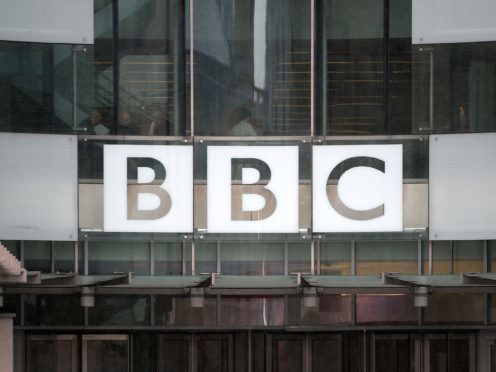The BBC faces a huge challenge with the “smartphone generation”, the corporation’s chairman Sir David Clementi has said.
Sir David said more work had to be done to capture the 16 to 34-year-old audience as he warned that the broadcaster’s ability to fund “original British content has diminished”.
“This age group represents our biggest challenge,” he told the Voice Of The Listener And Viewer spring conference.
“They watch less TV than older people and listen to less radio. They are the smartphone generation and their view of the world is shaped by social media. It is a generation with which we have to work hard to remain relevant.”
He said of younger viewers: “This is the generation for whom the one thing they can’t afford to lose is their smartphone. Their whole life revolves around it.”
But Sir David said the BBC was “not neglecting our older audiences”.
He also warned that as “our income has fallen in real terms over the past decade”, the BBC’s ability to fund original British content had lessened.
As commercial broadcasters were hit by “dwindling advertising revenues … the volume and breadth of British content that British audiences rely upon is now under real threat”, he said.
“It is not limited to drama. It is about home-made content across all genres,” he said, adding that “there are some serious challenges ahead”.
Sir David also said he welcomed the “attention that gender and equality issues have recently received, and the scrutiny the BBC has been under”.
He added: “We have been working tremendously hard as an organisation to address the issues raised, and to meet the truly ambitious goals we have set ourselves.”
He said: “Our gender pay gap is smaller than ITV’s, Channel 4’s, Sky’s and ITN’s.”
He added: “The BBC’s public service mission has become more important than ever … but it has also become harder than ever.”
